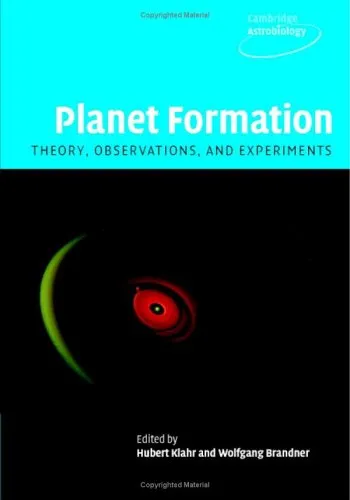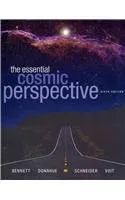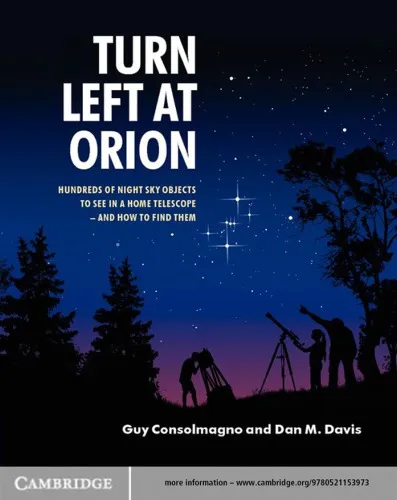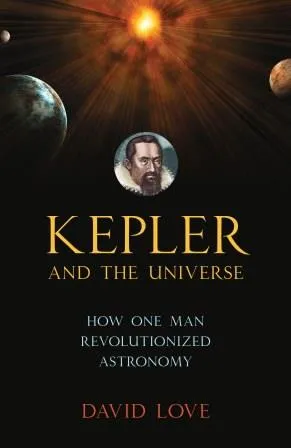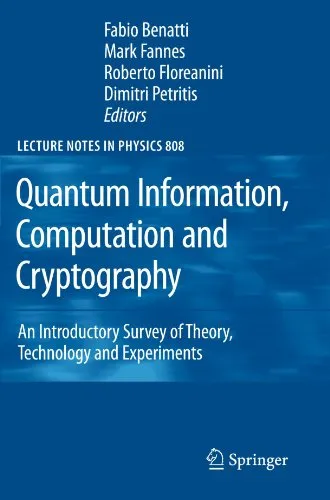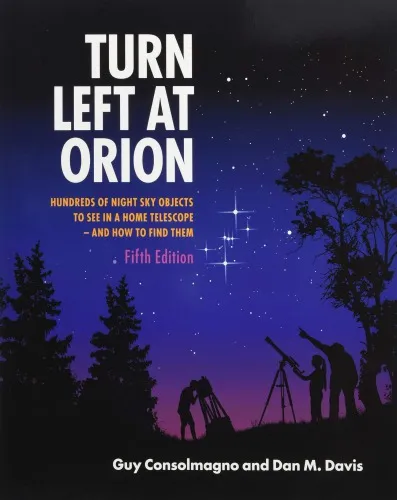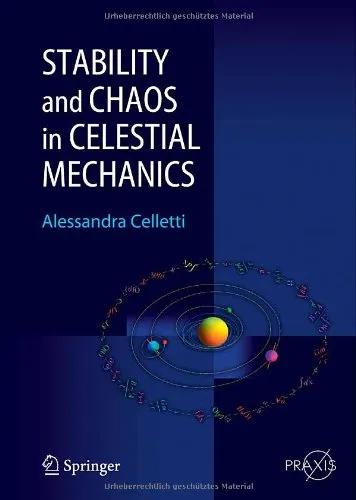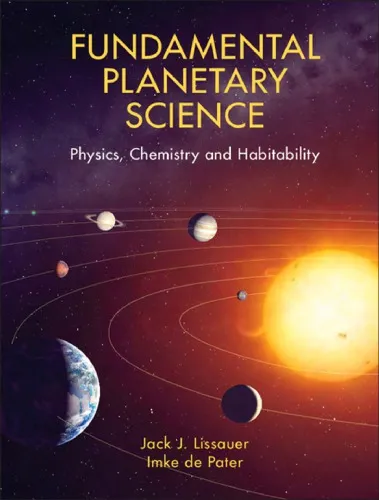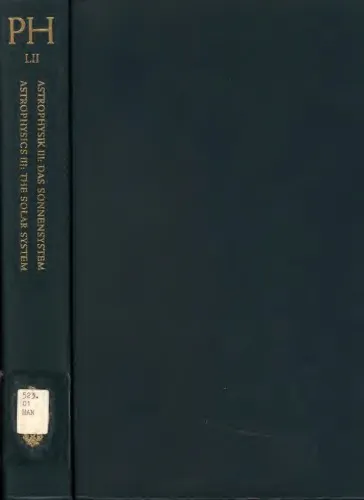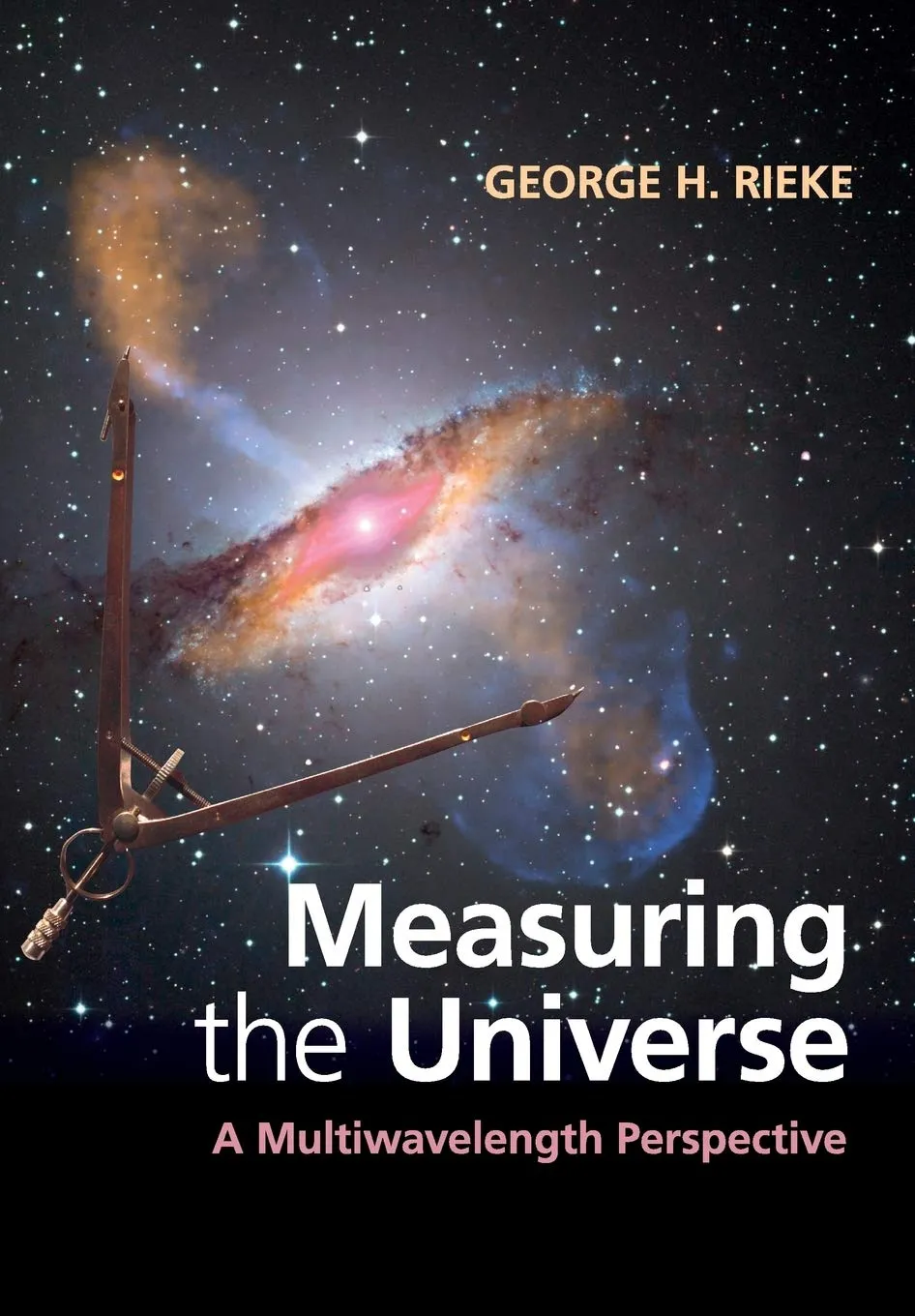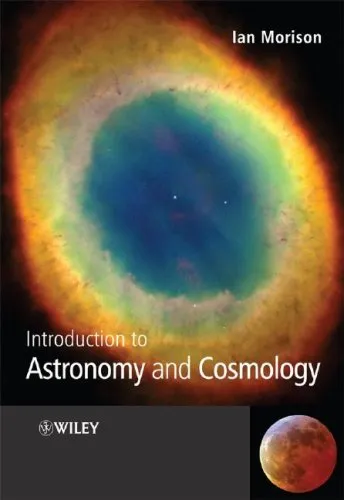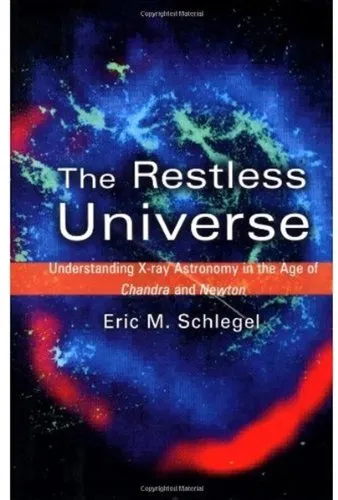Planet Formation. Theory, Observations and Experiments
4.5
Reviews from our users

You Can Ask your questions from this book's AI after Login
Each download or ask from book AI costs 2 points. To earn more free points, please visit the Points Guide Page and complete some valuable actions.Related Refrences:
Introduction to "Planet Formation: Theory, Observations and Experiments"
The birth and evolution of planets have fascinated humanity for centuries. With planetary systems being discovered beyond our own, the quest to understand how these celestial bodies arise has never been more compelling. "Planet Formation: Theory, Observations and Experiments" is a comprehensive exploration of this captivating field, written for both experts and curious readers eager to dive deep into one of modern astrophysics' most active areas.
This book uniquely weaves together theoretical insights, observational breakthroughs, and experimental approaches into a coherent narrative. Through its precise yet accessible language, it addresses the core mechanisms driving planetary formation and evolution while revealing the intricate interplay of physics, chemistry, and astronomy. It is perfectly suited for researchers, students, and science enthusiasts curious about the origins of planets and the diversity of worlds that populate our universe.
Detailed Summary of the Book
The book is divided into key sections, each tackling a crucial aspect of planet formation. Beginning with the birth of protoplanetary disks—spinning disks of gas and dust around young stars—the text delves into the processes that transform these raw materials into the fully formed planets we observe today. Topics covered include:
- Accretion processes that lead to the formation of planetesimals, the building blocks of planets.
- Core accretion and disk instability mechanisms, offering competing theories on planetary assembly.
- The role of molecular clouds, turbulence, and magnetic fields in setting the stage for planetary systems.
- State-of-the-art experimental simulations replicating conditions within protoplanetary disks.
- How distinctive migratory paths shape the diversity of planets in the galaxy.
- Observations from space telescopes and ground-based observatories, shedding light on extrasolar planets and early planetary disks.
At its heart, the book emphasizes the synergy between these different approaches, revealing how experimental data, theory, and astronomical observations come together to refine our understanding of planetary origins.
Key Takeaways
This book will transform your understanding of how planets form and evolve in the universe. Here are the primary takeaways:
- Unified Perspective: Gain an integrated overview of planetary formation processes, bridging laboratory research and far-reaching observations.
- The Role of Protoplanetary Disks: Understand the importance of gas, dust, and disk dynamics in facilitating planetary formation.
- Diversity of Outcomes: See how small changes in initial conditions lead to diverse planetary characteristics in solar and extrasolar systems.
- Cutting-Edge Insights: Discover how modern telescopes and computer simulations revolutionize this field of study.
- Cross-Disciplinary Importance: Realize the importance of planetary formation research in fields like astrobiology, geology, and even economics (through the study of space resources).
Famous Quotes from the Book
"In every grain of dust, there exists the promise of a planet, waiting to take shape in the vast cosmic dance."
"Planetary formation is not simply an astrophysical process but a testament to the remarkable interconnectedness of the universe."
"Through the interplay of magnetic fields, pressure waves, and colliding matter, a galaxy offers its gift to its stars: the potential for life-bearing worlds."
Why This Book Matters
Planet formation is more than just a branch of astrophysics; it is a cornerstone of our understanding of the cosmos and our place within it. "Planet Formation: Theory, Observations and Experiments" is essential reading because:
- It offers a complete synthesis of theoretical, observational, and experimental approaches, illustrating how each contributes to the bigger cosmic picture.
- The readers gain an appreciation of the science underpinning all planetary systems, from Earth-like exoplanets to gas giants and beyond.
- The book serves as a cutting-edge reference, reflecting the current state of knowledge in this rapidly evolving field.
- By connecting planetary science with other disciplines like chemistry and physics, it showcases the interdisciplinary nature of modern astronomy.
- It inspires both new researchers and seasoned scientists to continue exploring the universe's most fundamental questions about origins, diversity, and life’s potential elsewhere.
As humanity searches for life beyond Earth and seeks to better understand the worlds both near and far, this book arrives as an invaluable contribution to one of the most exciting frontiers of discovery.
Free Direct Download
You Can Download this book after Login
Accessing books through legal platforms and public libraries not only supports the rights of authors and publishers but also contributes to the sustainability of reading culture. Before downloading, please take a moment to consider these options.
Find this book on other platforms:
WorldCat helps you find books in libraries worldwide.
See ratings, reviews, and discussions on Goodreads.
Find and buy rare or used books on AbeBooks.
1431
بازدید4.5
امتیاز0
نظر98%
رضایتReviews:
4.5
Based on 0 users review
Questions & Answers
Ask questions about this book or help others by answering
No questions yet. Be the first to ask!
